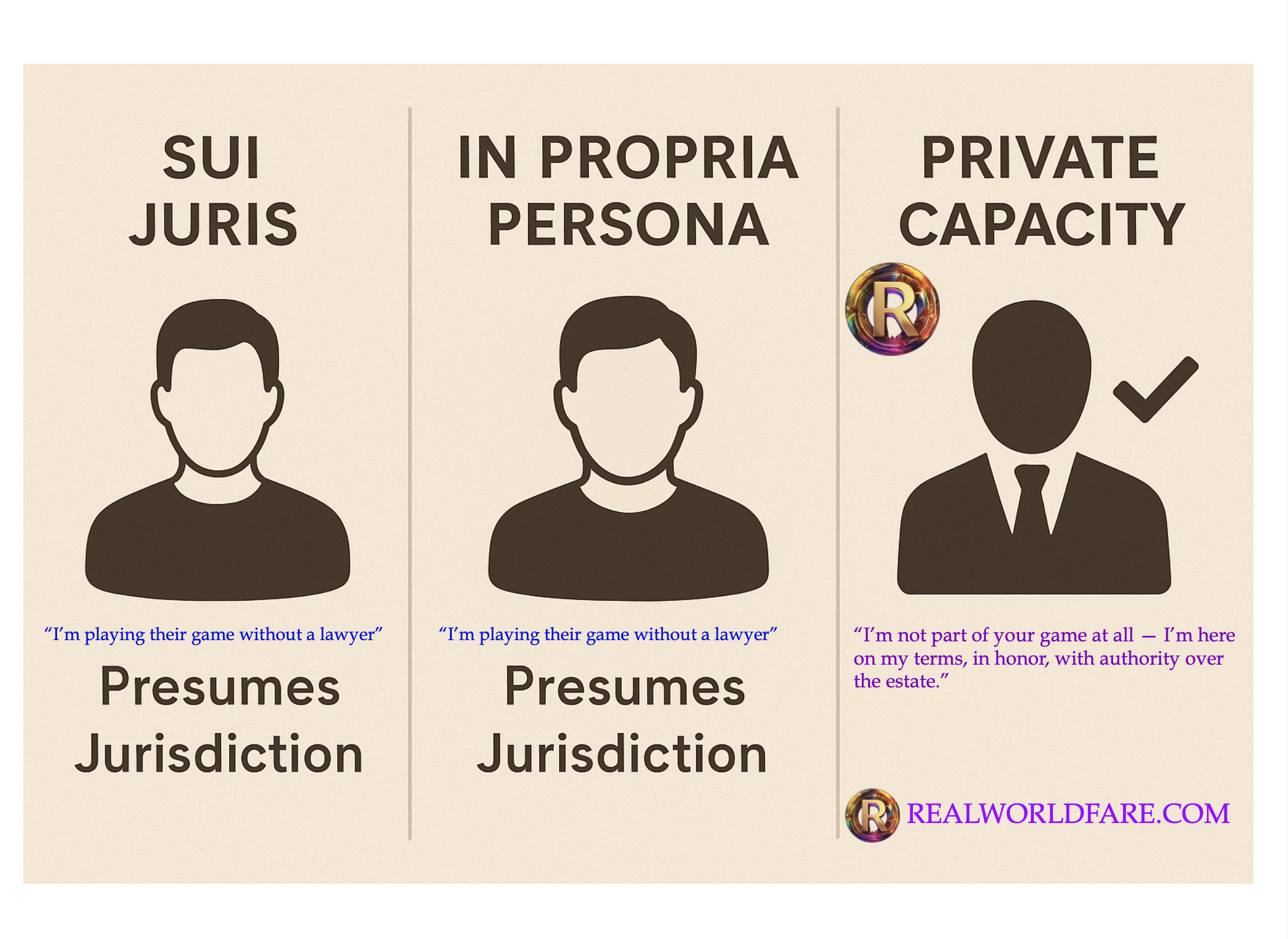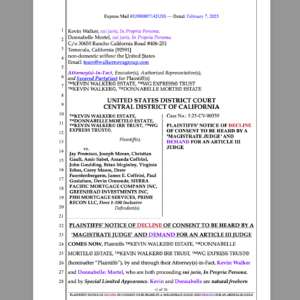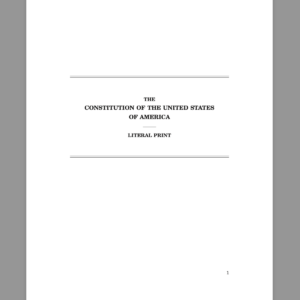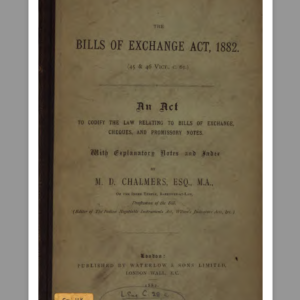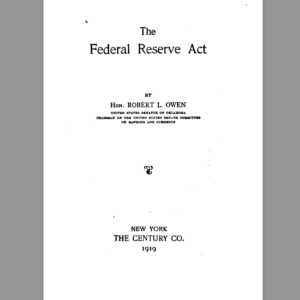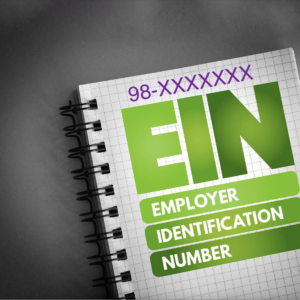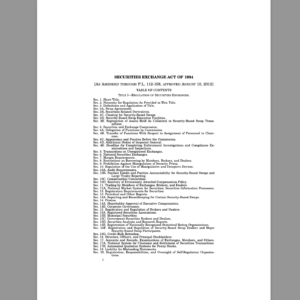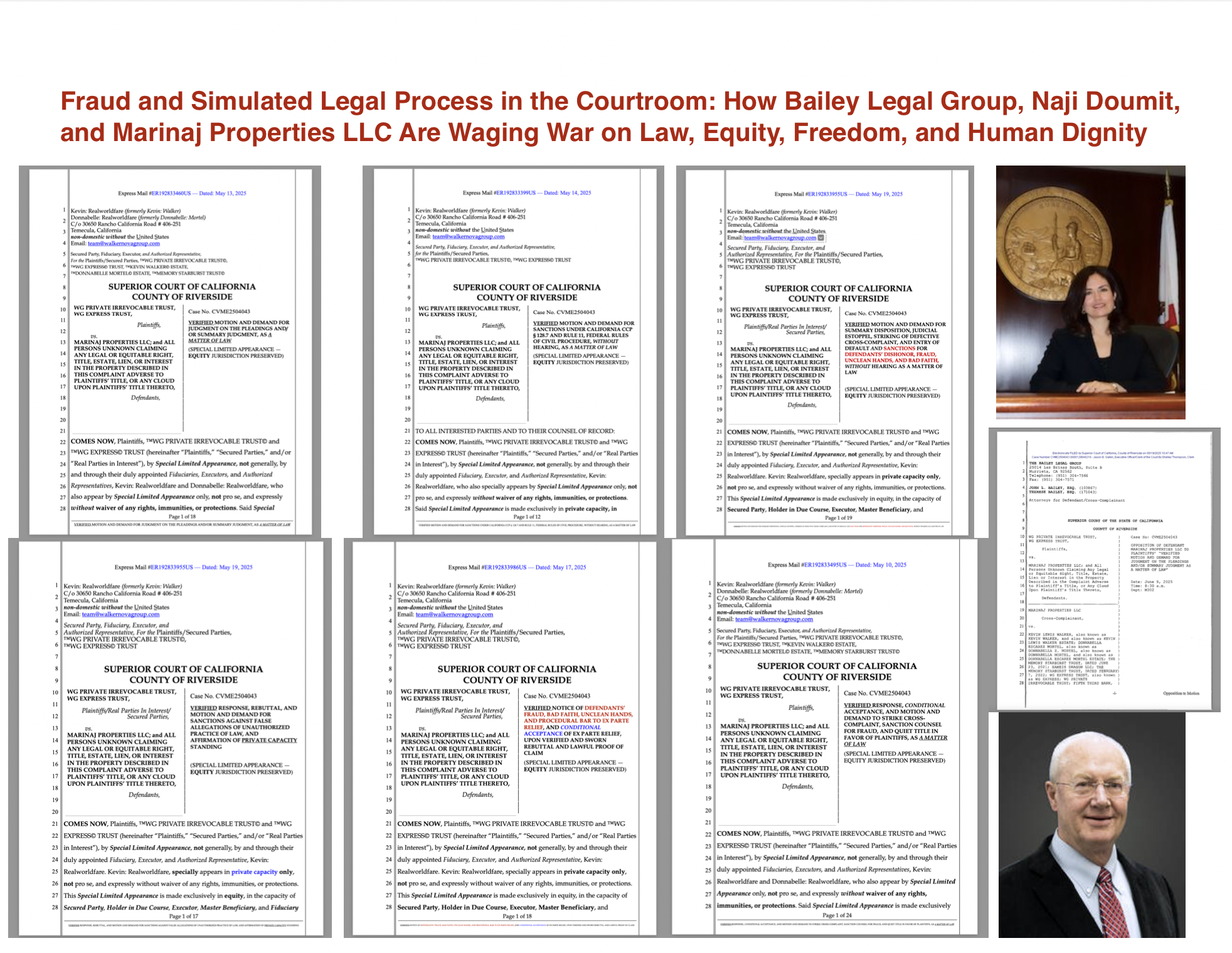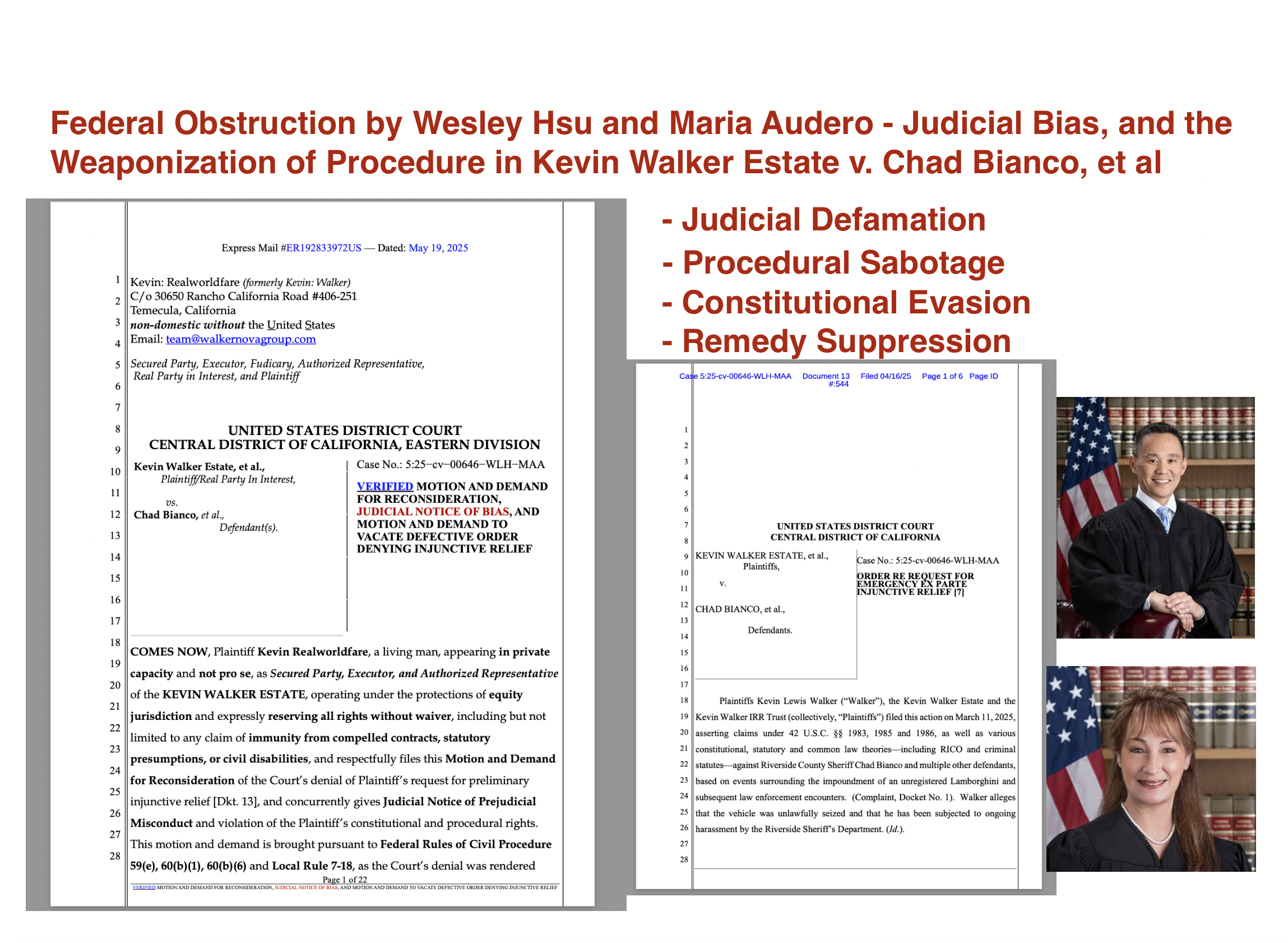In the quest for self-governance and lawful remedy, many truth-seekers and freedom-minded individuals encounter the terms sui juris and in propria persona. At first glance, these phrases seem to signal independence from the system, sovereignty, and control. But in truth, they often act as jurisdictional traps, preserving the court’s control over your legal status while giving only the illusion of autonomy.
Using terms like sui juris and in propria persona is often a trap for the uninformed because they keep you within the jurisdiction of the public courts, while giving the illusion of sovereignty or independence.
🧠 Understanding the Terms
🔹 What Does “Sui Juris” Mean?
Sui juris means “of one’s own right.” It’s used to imply someone is competent to manage their own legal affairs without a guardian or attorney. But this term is still a creation of public law, and using it presumes your participation in the legal fiction world.
🔹 What Does “In Propria Persona” Mean?
In propria persona means “in one’s own person.” It’s used to describe someone representing themselves in court rather than hiring an attorney. While this may appear to assert your natural authority, in reality it still binds you into the jurisdiction of the statutory court, treating you as a “pro se litigant” or “self-represented party.”
⚠️ Why Sui Juris and In Propria Persona Are a Trap
1. They Are Still Public Terms
These are Latin legal fictions used within the statutory system. Saying “sui juris” (of one’s own right) presumes you’re in their court, just not using a lawyer. “In propria persona” (representing yourself) means you accept the role of “Defendant” or “Plaintiff” as a PERSON, which is still within their jurisdiction.
❗ The court doesn’t care what you call yourself if you’re still contracting into their venue by showing up and playing by their rules.
2. “Pro se”, “Sui Juris”, “In Propria Persona” = Consent
All imply you’re engaging as a fiction, under their administrative code. You’re still seen as a ward of the state, possibly an incompetent with no counsel, needing “due process” assistance. Courts still treat you as a U.S. citizen — a corporate franchise, not a living man or woman.
Result: You become easy prey for judicial railroading and default rulings.
3. These Phrases Signal to the Court You’re Playing “Their Game”
The moment you utter them, you’ve confirmed you’re not outside the system. It’s a status trap — you appear independent, but you’ve just walked into their jurisdictional cage. Judges will exploit this to “handle” you procedurally, then dispose of your case.
✅ The Superior Path: Private Capacity / Authorized Representative / Secured Party
Rather than walking into a trap with legalese, the remedy lies in declaring and demonstrating your position as the living principal and acting in private capacity — outside the presumptions of the corporate system.
| Concept | What it Means |
|---|---|
| Private Capacity | You are not appearing as the NAME or PERSON; you are engaging by special visitation or notice, without general appearance |
| Authorized Representative | You’re acting on behalf of the estate/Ens Legis as executor, not as the decedent or trust entity |
| Secured Party Creditor | You have a prior perfected claim over the estate, assets, and contracts, and reserve all rights under UCC 1-308 |
🔑 Key Differences: Public vs Private Standing
| Concept | Sui Juris / In Propria Persona | Private Capacity / Executor |
|---|---|---|
| Jurisdiction | Inside public, statutory venue | Outside / limited appearance |
| Role | Pro se fiction, ward, self-rep | Fiduciary/agent with superior title |
| Capacity | Operating as the NAME or PERSON | Acting for the trust or estate |
| Standing | Weak, presumed incompetent | Strong, as secured party/trustee |
| Remedy | Procedural (public law) | Commercial, equitable, and private law |
View this post on Instagram
🔒 Final Word
Saying “I am sui juris” is like saying: “I don’t have a lawyer, but I still consent to your rules.”
Whereas:
“I specially appear in private capacity, with limited and special visitation, as the authorized representative of the estate, all rights reserved without prejudice UCC 1-308,”
— shuts the back door to jurisdiction and triggers equitable and commercial standing.
or
“I appear by special limited appearance only, not pro se, and strictly in private capacity, as the executor, secured party creditor, authorized representative, and fiduciary of the legal estate [JOHN DOE], a constructive trust. I do not consent to general jurisdiction and reserve all rights, remedies, and immunities under UCC 1-308 and applicable maxims of equity.”
or
COMES NOW, Plaintiffs, ™PRIVATE TRUST© (hereinafter “Plaintiff,” “Secured Party,” and/or “Real Party in Interest”), by Special Limited Appearance, not generally, by and through their duly appointed Fiduciary, Executor, and Authorized Representative, John: Doe. John: Doe, specially appears in private capacity only, not pro se, and expressly without waiver of any rights, immunities, or protections. This Special Limited Appearance is made exclusively in equity, in the capacity of Secured Party, Holder in Due Course, Executor, Master Beneficiary, and Fiduciary of the above-referenced Trust Estate, as lawfully established and perfected on the public and commercial record
This is the difference between being handled and standing in honor and remedy. The court is a place of contracts. Your words are your status. Do not give them jurisdiction by using the wrong language. Declare your capacity wisely — not as a “pro se litigant,” but as a private man or woman administering your estate.
